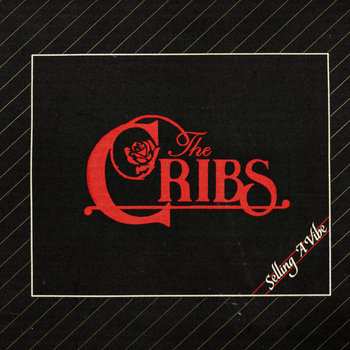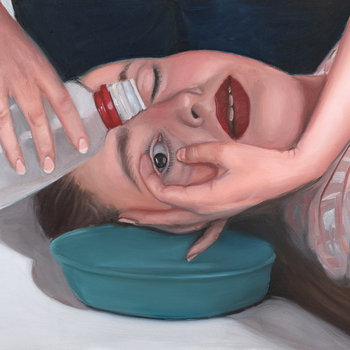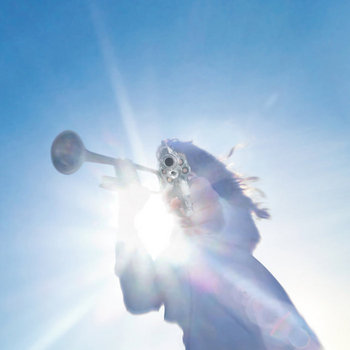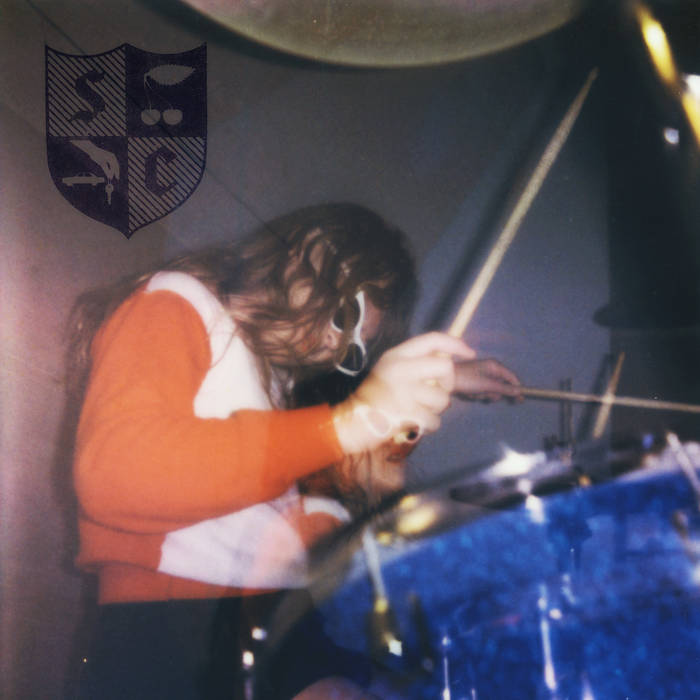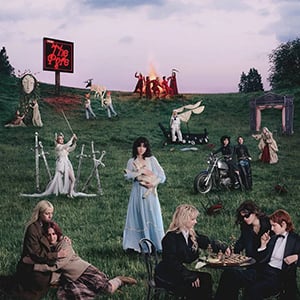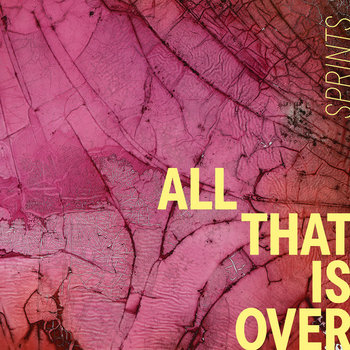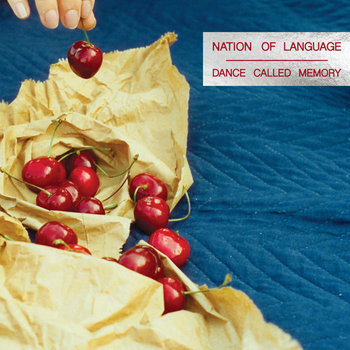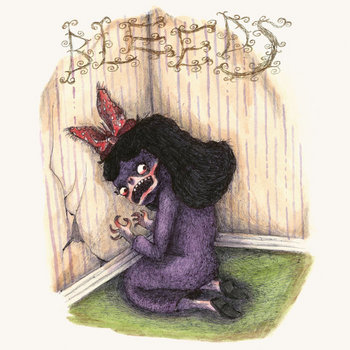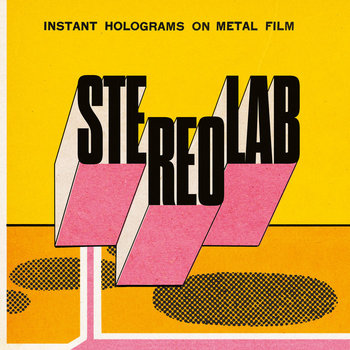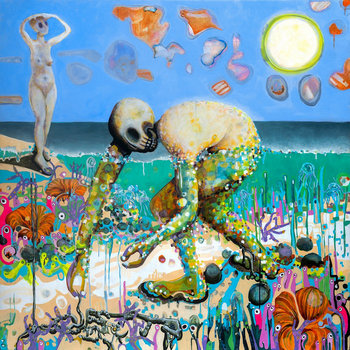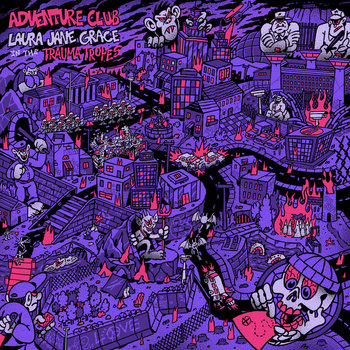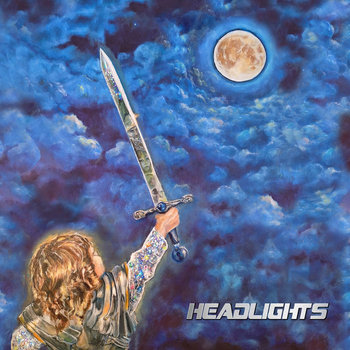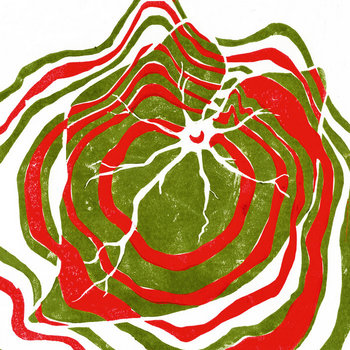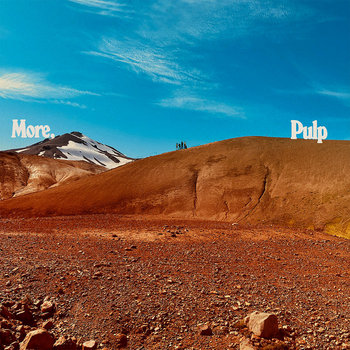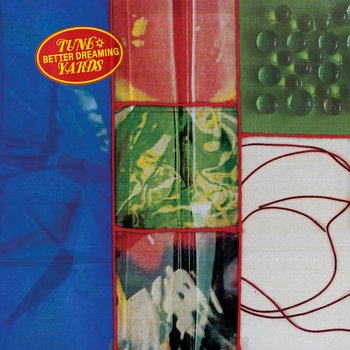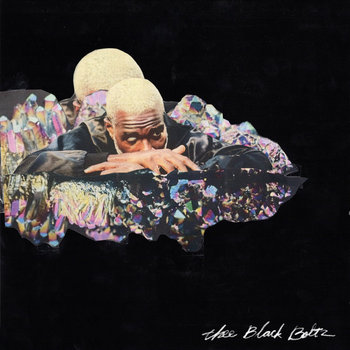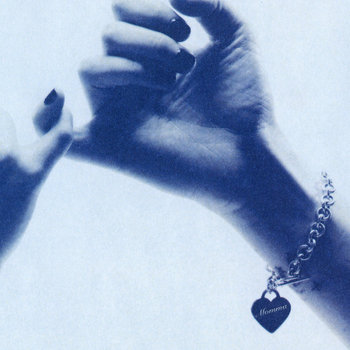
CD of The Week
Tame Impala - Deadbeat (Columbia)
 Kevin Parker has always been a sort of one-man show, writing, performing, producing, mixing, and engineering almost all of the Tame Impala albums himself. On their fifth proper studio album, Deadbeat, very little has changed with regards to the man behind the curtain; he's still a kind of retro-futurist version of Brian Wilson. What has changed, however, is the direction Parker takes this new record. Inspired by bush doof, a kind of rave in the Australian outback, Parker subverts expectations by laying down a number of straight-up dance floor-ready bangers and developing a direct connection between his previous neo-psychedelic indie rock to the electronic genre known as psy-trance. Formed out of GOA trance, which uses traditional and sometimes ancient instrumentation sampled and synthesized into electronic beats, psy-trance is more organic and warm, transporting the listener into a world that isn't so digital and harsh; think Daft Punk and Caribou (especially their track "Bowls").
Kevin Parker has always been a sort of one-man show, writing, performing, producing, mixing, and engineering almost all of the Tame Impala albums himself. On their fifth proper studio album, Deadbeat, very little has changed with regards to the man behind the curtain; he's still a kind of retro-futurist version of Brian Wilson. What has changed, however, is the direction Parker takes this new record. Inspired by bush doof, a kind of rave in the Australian outback, Parker subverts expectations by laying down a number of straight-up dance floor-ready bangers and developing a direct connection between his previous neo-psychedelic indie rock to the electronic genre known as psy-trance. Formed out of GOA trance, which uses traditional and sometimes ancient instrumentation sampled and synthesized into electronic beats, psy-trance is more organic and warm, transporting the listener into a world that isn't so digital and harsh; think Daft Punk and Caribou (especially their track "Bowls").Overall, Deadbeat is more stripped down and reflective, more moody and sonically sparse. But because it doesn't immediately sound like the previous maximalist Tame Impala, some listeners, especially ones used to instant gratification, may miss out on this album's nuance and dismiss this album as uninspired or banal. How unfortunate, because Deadbeat wows in the most unforeseen ways. The album opener "My Old Ways" begins with a solo piano that sounds like a demo recorded in a wide-open room with parquet floors and curtains blowing in through patio doors overlooking an ocean. Ethereal imagery aside, a lot of this album was actually recorded at Parker's Wave House Studio in Western Australia which faces the Indian Ocean. The song progresses into a subtle and groovy beat as Kevin laments about breaking old habits. The next track "No Reply" delves into familiar aural Tame territory and playfully skewers his own social awkwardness ("You're a cinephile, I watch Family Guy, on a Friday night, off a rogue website"), but it transitions into what might be the other half of that solo piano demo that kicked off the album.
Lyrically, there is a lot of brutal self-criticism here as Parker lays out some of his most vulnerable emotions, admitting to his faults and flaws, but it's all done in a very cathartic way. This is his first post-fatherhood album, and he has welcomed two children since the release of 2020's The Slow Rush. Not wanting to be a 'deadbeat dad," he confronts these dark feelings head-on and pushes himself into a more mature mindset. The funky "Loser" actually sounds like Midnite Vultures-era Beck; "I'm out of favor, my worst behavior, I get the message, I learned my lesson." On "Afterthought," he confronts the effects of hidden feelings: "I can be emotional, If you need me to, Tell me, what do I say to turn this around? I beg you, don't make me say it out loud." One could say that his decision to use droning dance tracks is a direct reflection of the social disassociations of being at a club or rave; just escape reality and feel the beat. Yet here it is more contemplative.
When Tori Amos sang about the glories of the ‘80s in 1999, no one would've predicted that decade would be such a musical inspiration in the 2010s and 2020s, yet here we are with the vibrant single "Dracula" sounding like an updated "Thriller." Enya's chiming synths influence "Piece Of Heaven" and "Afterthought" and "See You On Monday (You're Lost)" channel early Depeche Mode and Human League. While not strictly ‘80s, two 7+ minute tracks evoke the origins of house music: "Ethereal Connection" and the lead single "End Of Summer." On the latter, Parker sums up the vibe of Deadbeat with this hopeful, but unapologetic and self-aware sentiment: "Gotta dream it on my own, It's a feelin' in my bones, Can we do it tomorrow?" Perhaps tomorrow, or perhaps in another five years from now, we'll see how and where the man behind the curtain reveals himself once again.
**Donate $15 or more to Y-Not Radio to receive a download of Deadbeat. Click here for details.
Review by Dave Lindquist

